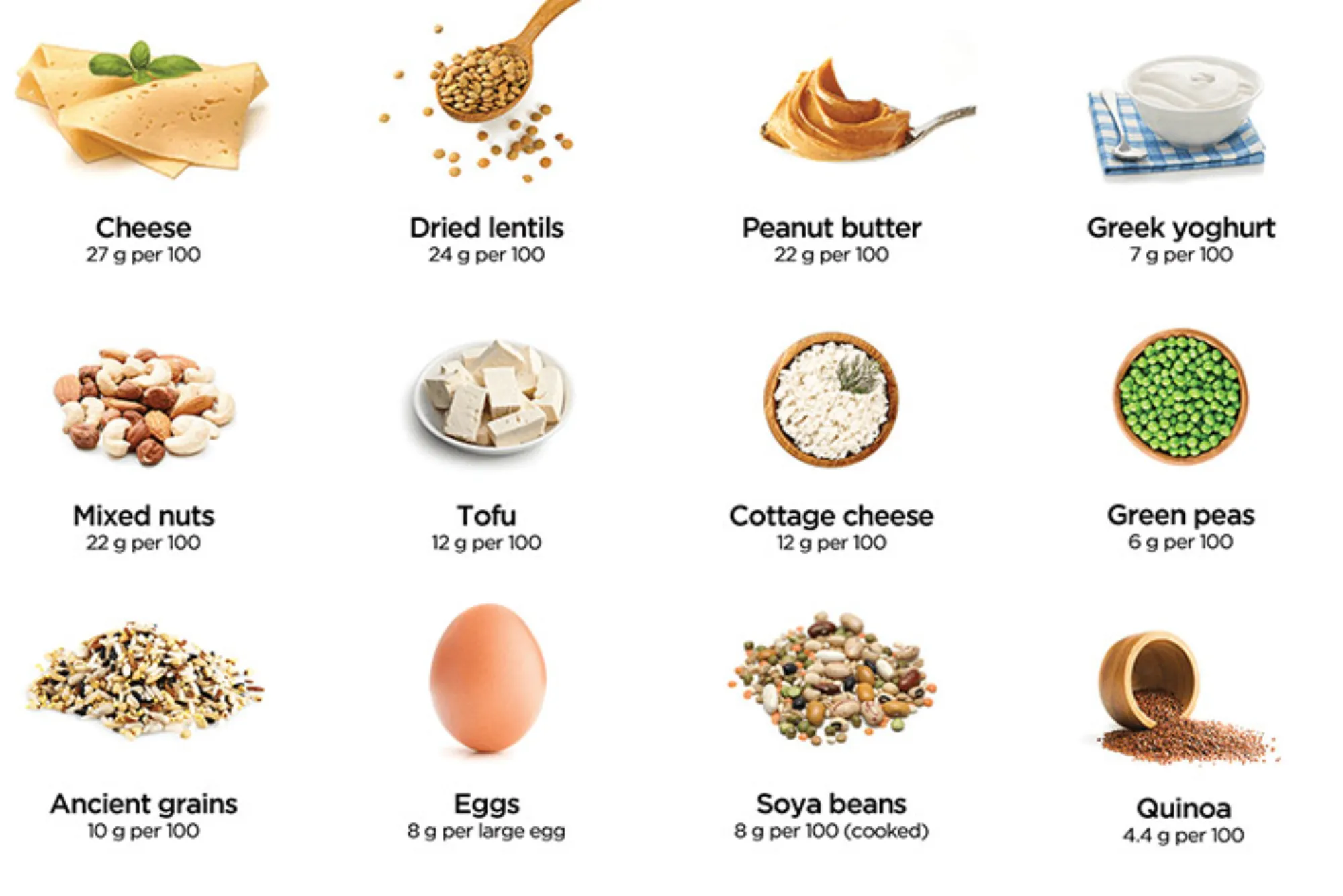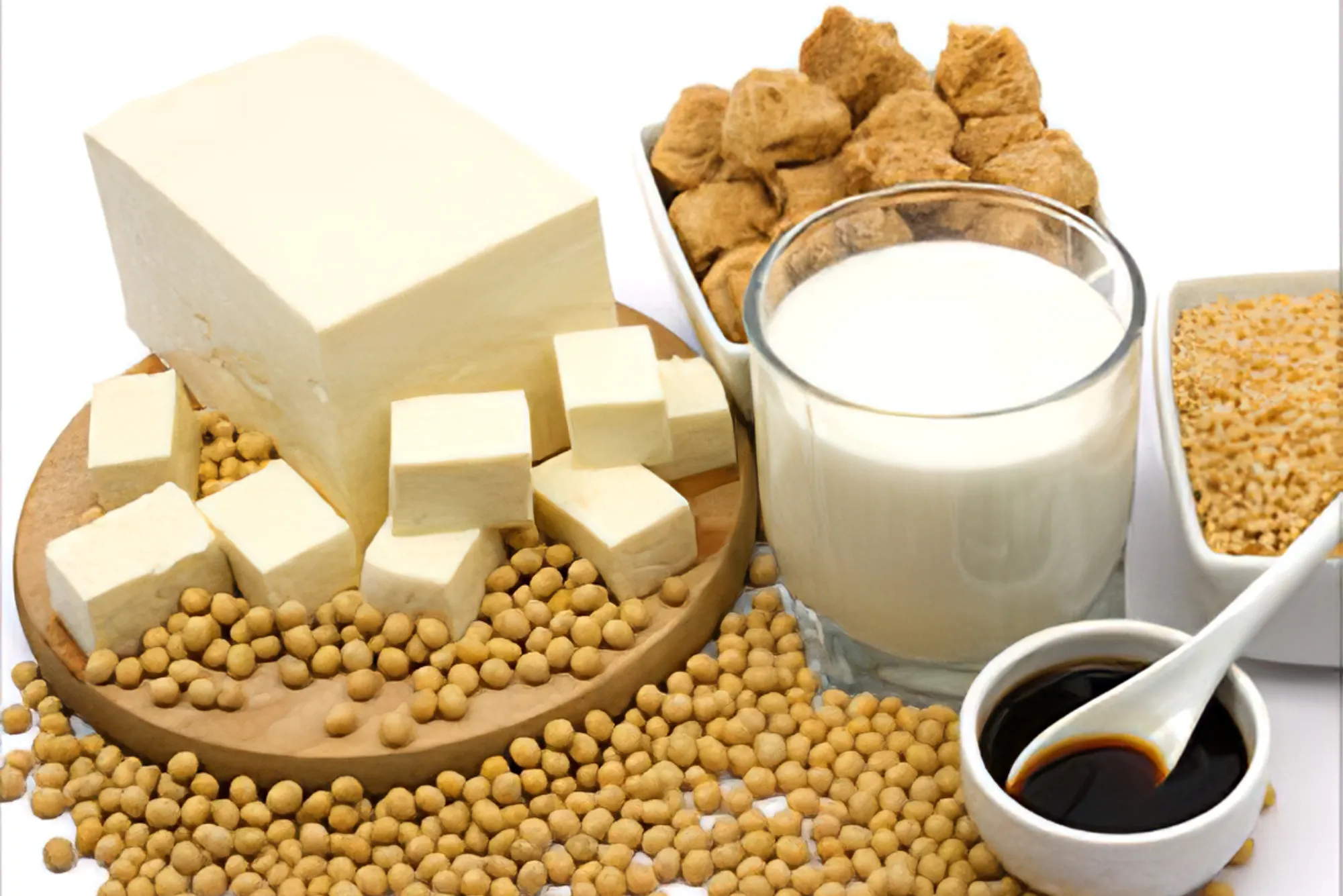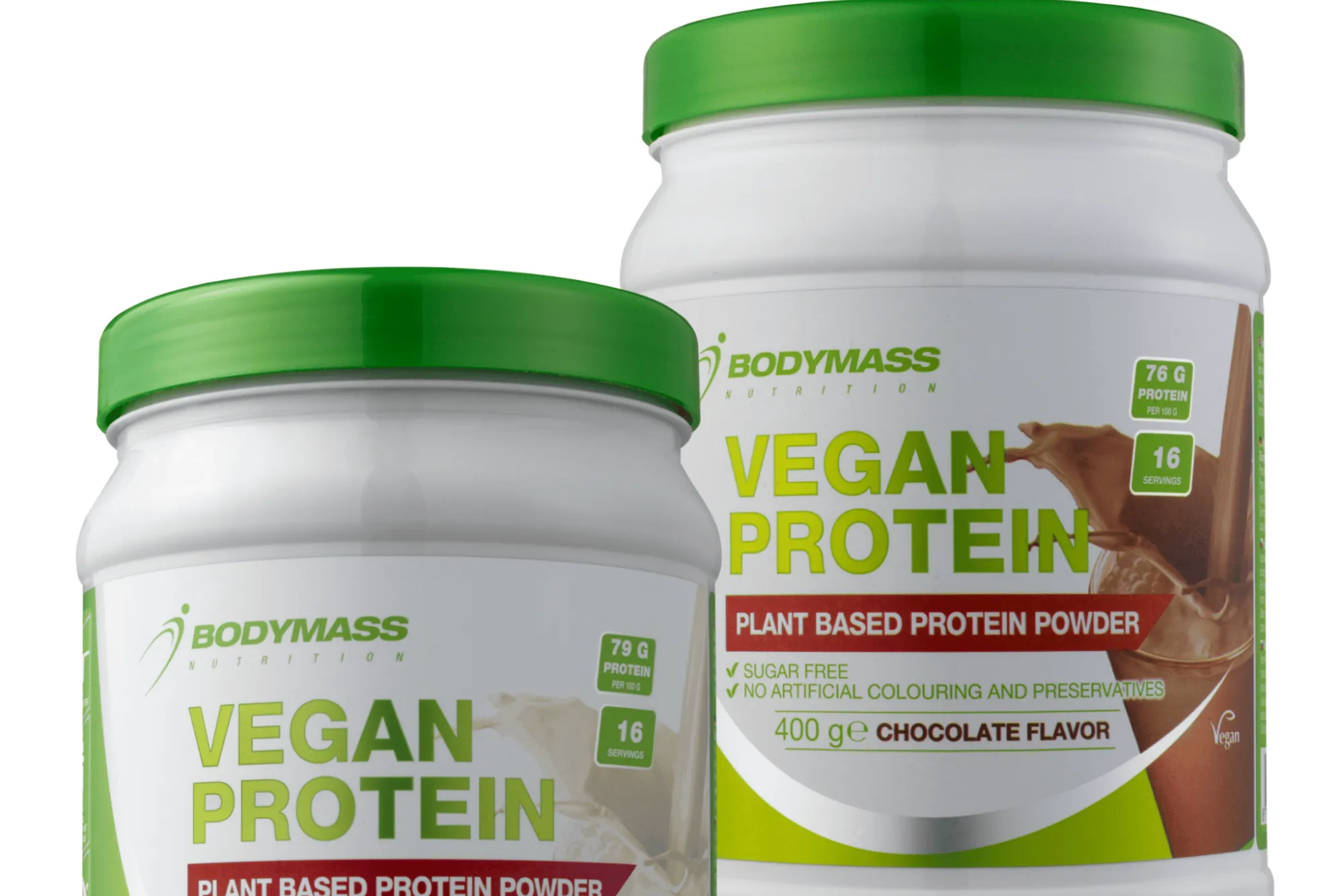Vegan protein refers to protein sourced from plant-based foods rather than animals. With the rise in popularity of veganism and plant-based diets, many people are looking to vegan protein as a healthy, sustainable alternative. Protein is a vital macronutrient that helps build and repair tissues, making it essential for the human body. Despite misconceptions that plant-based diets lack adequate protein, there are plenty of rich vegan protein sources available.
Common Myths about Vegan Protein
A common myth is that plant-based diets do not provide sufficient protein. However, numerous plant-based foods are packed with protein, and with proper planning, vegans can easily meet their daily requirements.
Transitioning to Plant-Based Protein
Switching from animal protein to plant-based options can be simple with the right knowledge of available vegan protein sources. Gradually incorporating more plant proteins like legumes, nuts, and soy products into your diet can ensure a smooth transition.
Types of Vegan Protein Sources

Legumes and Pulses
Legumes like lentils, chickpeas, and black beans are excellent sources of vegan protein. Not only are they high in protein, but they are also rich in fiber, which aids digestion and helps with weight management.
Nuts and Seeds
Nuts such as almonds, walnuts, and seeds like chia and flax are high in protein and healthy fats. They provide essential nutrients and are versatile, making them ideal for snacks or adding to meals.
Grains and Pseudograins
Quinoa, buckwheat, and oats are nutrient-dense grains that offer a complete protein profile. They are particularly valuable because they contain all nine essential amino acids that the body cannot produce.
Soy Products

Soy-based foods like tofu, tempeh, and edamame are popular vegan protein sources. They provide a complete protein profile and are highly versatile, making them perfect for a variety of dishes.
Plant-Based Protein Powders
For those looking for an extra protein boost, plant-based protein powders like pea, hemp, and rice protein are excellent options. These powders can be added to smoothies, shakes, or even baked goods for a quick and convenient protein fix.
Nutritional Comparison: Vegan vs. Animal Protein
Amino Acid Profile
One difference between vegan and animal proteins is the amino acid profile. Animal proteins are considered complete proteins, meaning they contain all essential amino acids. Many plant proteins are incomplete but can easily be combined to form complete proteins.
Protein Absorption
Vegan proteins are often considered easier to digest than animal-based proteins. They are also free from cholesterol and tend to be lower in saturated fats, promoting better heart health.
How to Meet Protein Needs on a Vegan Diet
Meeting protein needs on a vegan diet is not difficult with the right planning. The key is to consume a variety of protein-rich foods throughout the day. Below are some protein-packed meal ideas:
- Breakfast: A smoothie made with almond milk, spinach, and a scoop of pea protein powder or overnight oats with chia seeds and almond butter.
- Lunch/Dinner: A Buddha bowl with quinoa, roasted chickpeas, tofu, and a tahini dressing or a hearty lentil and vegetable stir-fry.
- Snacks: Roasted edamame, mixed nuts, or a homemade vegan protein bar.
Table: Vegan Protein Sources and Their Protein Content
| Food | Protein per 100g |
|---|---|
| Lentils | 9g |
| Chickpeas | 8.9g |
| Tofu | 8g |
| Quinoa | 4.4g |
| Almonds | 21g |
| Chia Seeds | 17g |
| Hemp Seeds | 31g |
| Pea Protein Powder | 80g (per serving) |
Benefits of Vegan Protein
Environmental Impact
One of the key benefits of vegan protein is its reduced environmental impact. Growing plant-based foods requires less water and produces fewer greenhouse gases compared to animal farming.
Ethical and Animal Welfare Considerations
For many, choosing vegan protein is an ethical decision. By opting for plant-based options, individuals contribute to animal welfare and reduce the demand for animal farming.
Health Benefits

Vegan proteins are generally lower in cholesterol and saturated fats, promoting heart health. Additionally, plant-based diets are associated with lower risks of chronic diseases such as diabetes, high blood pressure, and certain cancers.
Best Vegan Protein Supplements
For those who may struggle to meet their protein requirements, vegan protein supplements are a convenient solution. Common vegan protein powders include pea protein, hemp protein, and rice protein. These powders provide a concentrated source of protein and can be easily incorporated into daily meals or snacks.
Common Challenges and How to Overcome Them
Protein Deficiency
Some individuals worry about not getting enough protein on a vegan diet. However, by consuming a variety of plant-based foods, vegans can easily meet their protein needs.
Over-Processed Vegan Protein Sources
Some vegan products, such as highly processed meat substitutes, may be lower in nutrients. It’s important to choose whole food sources of protein whenever possible.
Frequently Asked Questions (FAQs)
Can vegans build muscle with plant protein?
Yes, vegans can build muscle by consuming enough protein from plant sources. It’s important to eat a variety of foods to get all essential amino acids and supplement with protein powders if necessary.
Are vegan protein sources expensive?
While some vegan protein products, such as specialty powders, can be costly, most plant-based protein sources like beans, lentils, and grains are affordable.
Is it necessary to take protein supplements on a vegan diet?
Supplements are not always necessary if you can meet your protein needs through whole foods. However, for those who lead an active lifestyle or have higher protein needs, vegan protein supplements can be beneficial.
Vegan protein offers numerous benefits, from promoting better health to reducing environmental impact. With a wide variety of plant-based protein sources available, it’s easier than ever to meet your protein needs on a vegan diet. Whether you’re looking to improve your health, support ethical practices, or simply try something new, incorporating more vegan protein into your diet is a step in the right direction.








